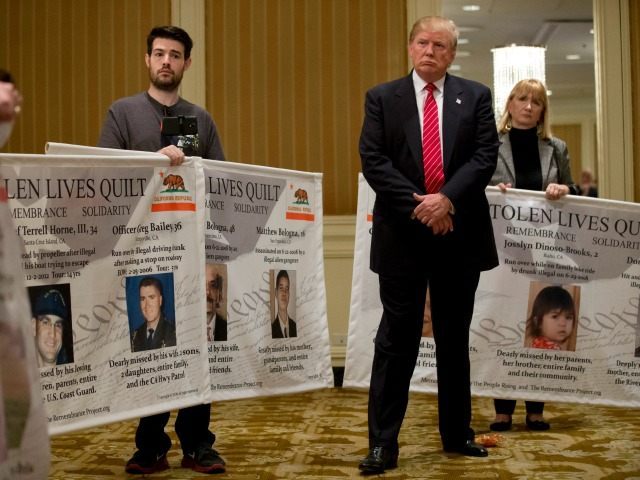Donald Trump is still leading the polls, but is struggling to respond to his second-place finish in Iowa.
It is true that no one would have expected him to finish so well until a few weeks ago, but expectations changed as he surged in the polls. Sensing the chance to wrap up the GOP nomination if he won, Trump threw the kitchen sink at Sen. Ted Cruz (R-TX), but Cruz won.
Now Trump has to re-discover the reason for his campaign–other than winning itself.
This is a test that every successful campaign has to face. Trump supporters cite the fact that Ronald Reagan lost the Iowa caucuses in 1980 and went on to win the White House. A better example would be Barack Obama’s surprise loss to Hillary Clinton in the New Hampshire primary in 2008.
Obama and his crew expected that once they won Iowa, they would march to the White House. The polls said they would take the Granite State easily. They lost.
Obama adviser David Axelrod has described the recovery from the New Hampshire upset as the most important point in Obama’s winning campaign. The candidate himself looked shell-shocked, and delivered a wooden speech that had clearly been written for victory rather than concession. Hollywood came to his rescue, with will.i.am of the Black Eyed Peas re-mixing Obama’s speech with celebrity cameos. “Yes, We Can”: they found his message for him.
Trump’s message has been clear from the beginning: “Make America Great Again” was the best slogan of the 2016 cycle, well before he reached the top of the polls.
Now is the time for him to stop thinking about those polls, stop complaining about the media (or, far worse, the voters), and recover the reason, beyond himself, that prompted him to run in the first place, risking fame and fortune–to find his vision for what that great-again America will be.
Unlike Obama, there will be no celebrity rescue for Trump. Fox News is not available to help. Even talk radio has turned on him.
The only place to which Trump can turn is to the voters. He has done it before, at the finest moments of his campaign.
He was the only candidate in a crowded field of anti-amnesty chest-thumpers to meet with families of Americans who lost relatives at the hands of illegal aliens. He won their confidence with his apparent sincerity.
Somewhere in those interactions is the greatness Trump has to articulate.
He talks about building a wall, restoring the trade balance, and bombing Islamic terrorists. But America’s greatness does not flow from its policies. It comes from within–from the moral covenant between we, the people and our government.
The breakdown of that pact is the reason Trump’s other messages resonate. If he cannot restore greatness to his campaign, he will not for America.
It’s not a question of toning down his rhetoric. He is going to press the claim that Cruz won Iowa by cheating–and that’s fair game, though over-the-top. He will keep raising the issue of Cruz’s Canadian birth, despite a new ruling that Cruz is certainly eligible, because he seems to enjoy it. He may seize on the Zika virus to reinforce his plans for border security, because he owns that issue. For better or worse, those tactics are priced into the Trump package.
But that won’t win Trump the nomination, or the presidency. And over time, they raise doubts about whether Trump is even serious about winning.
No one doubts Trump’s ability to lead. The question is where he wants to go.
And now is the time to start making that case–as big and bold and brash as he wants to do it, but above all with a clear sense of how it would be very different from what Barack Obama has done, and different from the way he has done it.

COMMENTS
Please let us know if you're having issues with commenting.